

full weapon we can use to change the world.

full weapon we can use to change the world.


B.Voc IN Medical Lab Technology
Voc. and Advanced Diploma in Medical Laboratory Technology is running under the NSQF scheme of UGC.
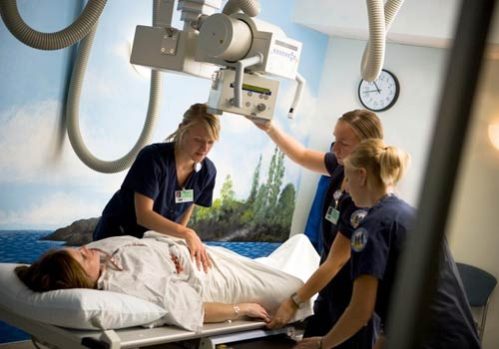
B. VOC IN RADIOLOGY & MEDICAL IMAGING TECHNOLOGY
Diagnostic Radiography which deals with examination of internal organs, bones, cavities and foreign objects
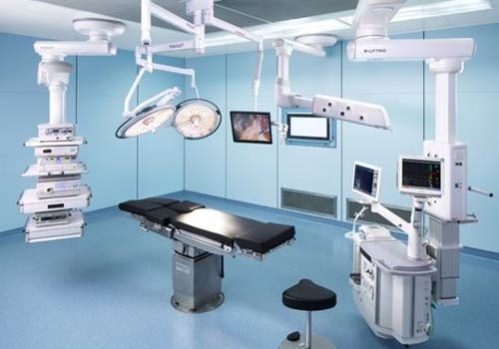
B. VOC IN OPERATION THEATRE TECHNOLOGY
Operation Theatre Technology is a Branch of Paramedical science that deals with different aspects related to surgery performed at the operation theatre.
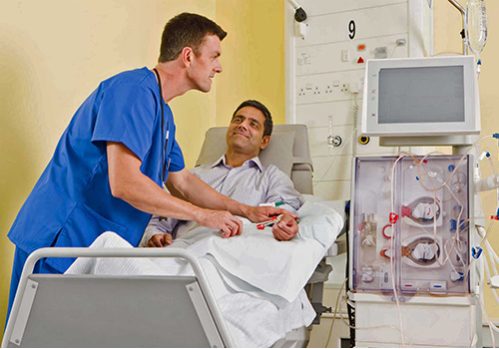
B. VOC IN Dialysis
Dialysis technicians are medical professionals who clean the blood of patient of by hemo dialysis which have metabolic waste . And also operate the equipment used for dialysis.

B. VOC IN OPTOMETRY
Bachelor in Vocational Optometory is a degree course in the advanced study of the clinical skills involved in professionally
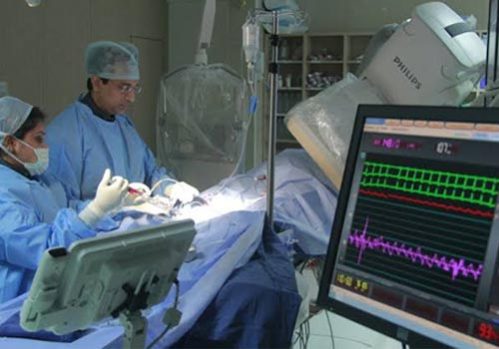
B.VOC IN CARDIAC CARE TECHNICIAN
Cardiac Care Technology measures how well a heart is functioning and can monitor heart rate. Technicians here measure how well a patient's
Our Partner Hospitals





PG Facility
We offer: Hostel and PG Facility Chargeable
- Fully furnished room
- Delicious meals
- High-speed WIFI
- Laundry
- Ro Water
- Power Backup
- Housekeeping
- 24/7 caretaker
- Hot cold-water dispenser

Our Team

Dr. Ayesha Anjum
MBBS(KGMU), MS Obstetrics and Gynaecology Ex-Registrar Apollo Hospital New Delhi Ex-Resident PMMMH, New Delhi

Ms. Anamika Tripathi
Designation - Faculty
5 Years+ Experience in Teaching
Education- BMLT and MMLT from Madhya Pradesh Medical Science University

Ms. Sai Majety
Designation - Centre head
11 Years+ Experience
Education- : Msc.Psychology (Acharya Nagarjuna University)
Our Institute
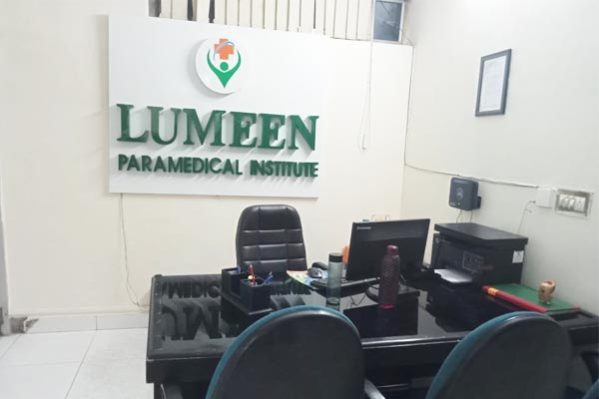
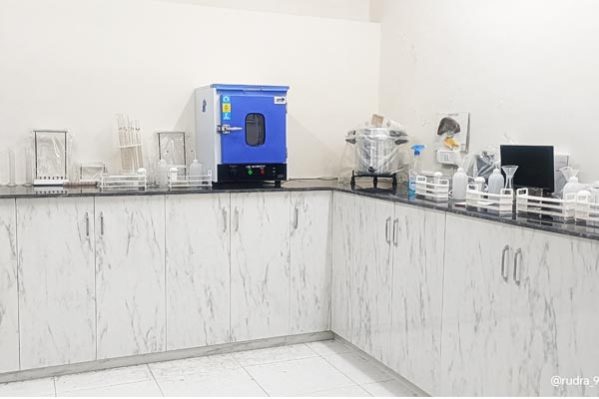
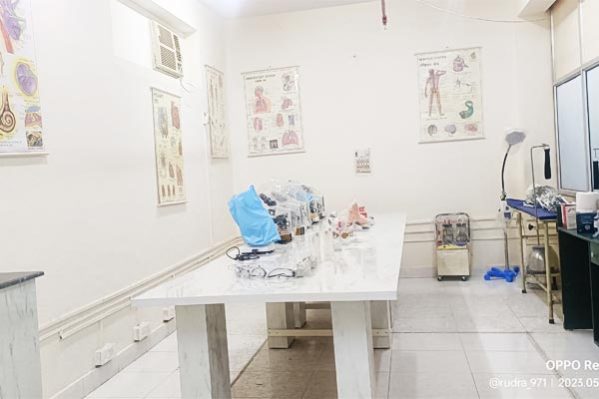
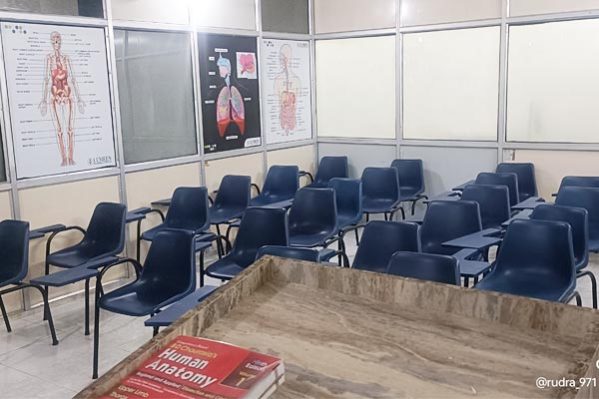
Expert Trainers
Industry Expert
Success Ratio
99%
Hospital Training
For India
Job Assistance
100%
Study Mode
Online/offline


